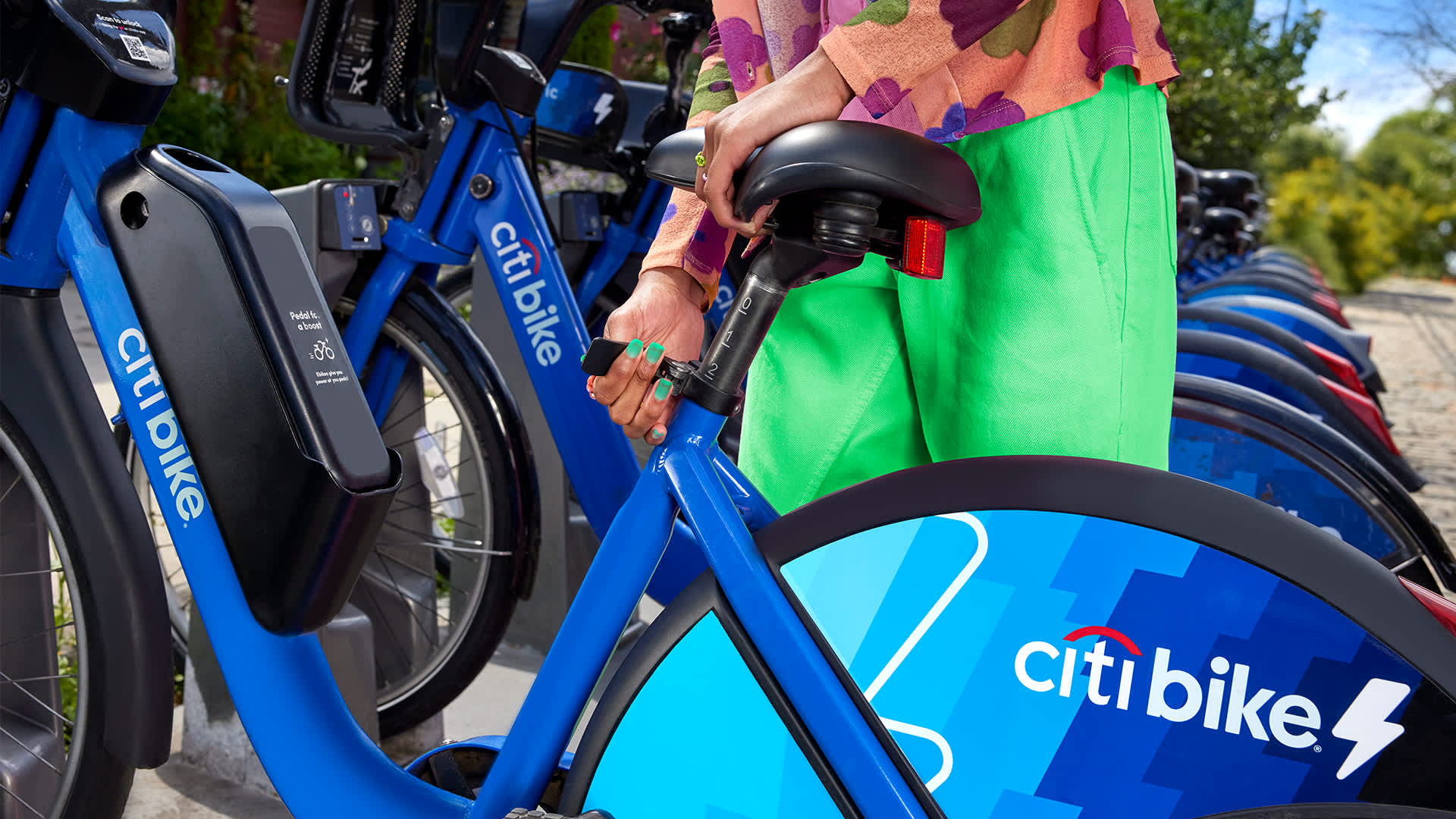
Late last year, the regional planning organization responsible for the Bay Area’s transportation, the Metropolitan Transportation Commission (MTC), made an unusual announcement: Not only would it be expanding the Bay Wheels bikeshare system, adding 55 new stations and over 2,000 new ebikes, but it would be reducing the cost of membership, too, from $169 to $150 per year and 20 to 15 cents per minute for members riding ebikes.
Most of the press coverage focused on the numbers, and for good reason: Bikeshare prices in the past few years have gone up in many U.S. cities, not down. However, few stories delved into the underlying innovation that made the expansion/price cut possible — and rather unique for the United States.
Unlike in Europe, in the U.S. it is rare — and even anathema — for the public sector to fund the infrastructure and operations of a city’s bikeshare program. Consider that New York City subsidizes its ferry system, but not its bikeshare — even though the ferry transports a fifth as many people as Citi Bike. (Washington, D.C.’s Capital Bikeshare is a notable exception; the city owns and devotes public funds to the system and, as a result, has unusually affordable pricing for members.)
Typically, the private companies that run American cities’ bikeshare systems have sought revenue from riders, corporate sponsorships, and/or advertising in order to make their investments viable. Lyft, which operates the Bay Wheels system in the Bay Area (i.e., San Francisco, San Jose, Oakland, Emeryville, and Berkeley), was largely reliant on rider trips and memberships as its primary revenue stream. However, the COVID-19 pandemic — which drastically changed people’s transportation patterns across the Bay Area — changed the math.
Laura Krull, MTC’s bikeshare manager, watched the situation with serious concern. “In the Bay Area, we’ve seen a much slower return to the office, not to mention all of the fiscal impacts of high inflation, rounds and rounds and rounds of layoffs. Bay Wheels ridership was dropping as much as 70% in some cities.”
If the imperiled system failed, the folks at MTC knew their own ambitious goals for the region — to reduce greenhouse gas emissions by 19% before 2035 by getting people out of cars and into more sustainable modes of transportation — would also be compromised. Bay Wheels members ride ten times as often as non-members; moreover, ebikes, which make swift work of the Bay Area’s formidable hills, have the potential to shift even more riders away from cars.
So the MTC stepped in to help. The only question was: Where would the funding come from?
This is where the agency got creative. The 2021 Bipartisan Infrastructure Law granted federal funding to put toward electrification infrastructure from the Carbon Reduction Program. While most cities are earmarking these types of funds to build charging stations for electric cars, the MTC initially identified this funding for bikeshare — to expand the ebikes in its bikeshare system and to electrify some of its stations, an infrastructure change that can have outsize impact on both the availability of ebikes and the reduction of greenhouse gasses. (Those stations could one day serve as public EV charging hubs as well.)
Krull is optimistic that their investment will not only benefit the residents of the Bay Area, and help them achieve their climate goals, but also serve as an example for other American cities. “I’m hoping we’ll be able to share the key findings on important questions, like: What’s the impact of lowering prices of ridership? What’s the impact of subsidizing memberships? And hopefully, we can spark some conversation around new ideas for funding sources.”
Josh Johnson, Lyft’s senior manager for Transit, Bike, and Scooter Policy, believes that, with this thoughtful allocation of funding, the MTC is leading the way for a new paradigm of public-private partnership in the U.S.: “We hope other cities can learn from the Bay Area. MTC recognized the need and took action to modernize the system and put Bay Wheels on a path to long-term sustainability.”
The content provided in this article is for informational purposes only.


